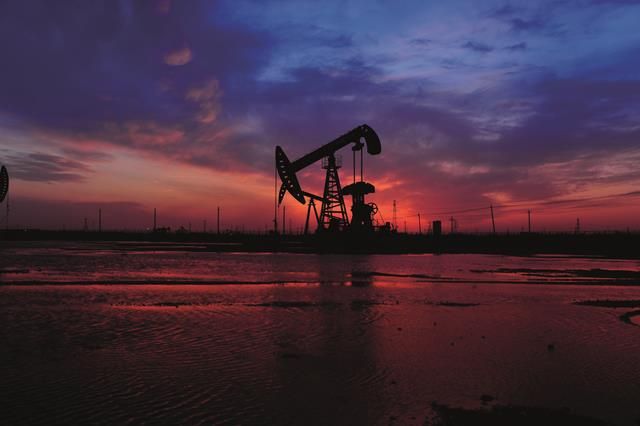The European Commission is facing resistance from within the bloc to its proposal to ban oil imports from Russia.
Multiple reports have cited current EC president Ursula von der Leyen saying that Russian crude oil imports should be curtailed within six months, followed by refined products by the end of the year under a proposed sixth package of sanctions.
However, Hungary has pushed back, saying that there were ‘no plans nor guarantees’ on moving away from Russian fuel. Slovakia has also reportedly asked for a longer transition period, with Bratislava saying the current plan is ‘insufficient’.
Von der Leyen, wrote The Guardian, addressed the European parliament earlier this week, saying: “Let us be clear: it will not be easy. Some member states are strongly dependent on Russian oil. But we simply have to work on it. We now propose a ban on Russian oil. This will be a complete import ban on all Russian oil, seaborne and pipeline, crude and refined. We will make sure that we phase out Russian oil in an orderly fashion, in a way that allows us and our partners to secure alternative supply routes and minimises the impact on global markets.”
Other reactions around Europe were complimentary. The European version of Politico said effusively that von der Leyen had, “[…] cemented her place at the vanguard of western leaders denouncing the war in Ukraine, and demanding accountability for Moscow’s warmongers”.
That is a huge about-face when it comes to a politician who is widely believed to have failed as Germany’s defence minister and was widely thought to have been shunted off to the EC to get rid of the stink.
German exports slump
Meanwhile, the economic dominoes are continuing to fall. Germany, it was reported yesterday, has seen its exports to Russia fall by 63% to €860m in March, the lowest in two decades. That is according to Germany’s Federal Statistical Office.
ING’s Carsten Brzeski said that the short-term outlook was pretty grim. He wrote: “Looking ahead, despite richly filled order books, the short-term outlook for German exports doesn’t look encouraging. New lockdowns in China and a continuation of, instead of easing, last year’s supply chain disruptions will leave significant marks on German industry. According to a recent Ifo survey, almost half of all German companies are dependent on imports from China. Also, the war in Ukraine is very likely to disrupt other supply chains for good. More generally, with a high risk that the war accelerates the trend of deglobalisation and high energy and commodity prices for longer, the German export sector is facing more headwinds ahead.”
Meanwhile, Germany is trying to figure out where it stands, a position it has been vacillating in since Russia invaded Ukraine. Despite a glowing article last week in TIME about chancellor Olaf Scholz, his seeming intransigence (and lack of ambition in dealing with the business dealings of Gerhard Schroeder) are not doing much in inspiring the rest of Europe.
His predecessor often struck out on her own, trusting that the rest of the continent would follow. That is something he should be taking from her playbook.







